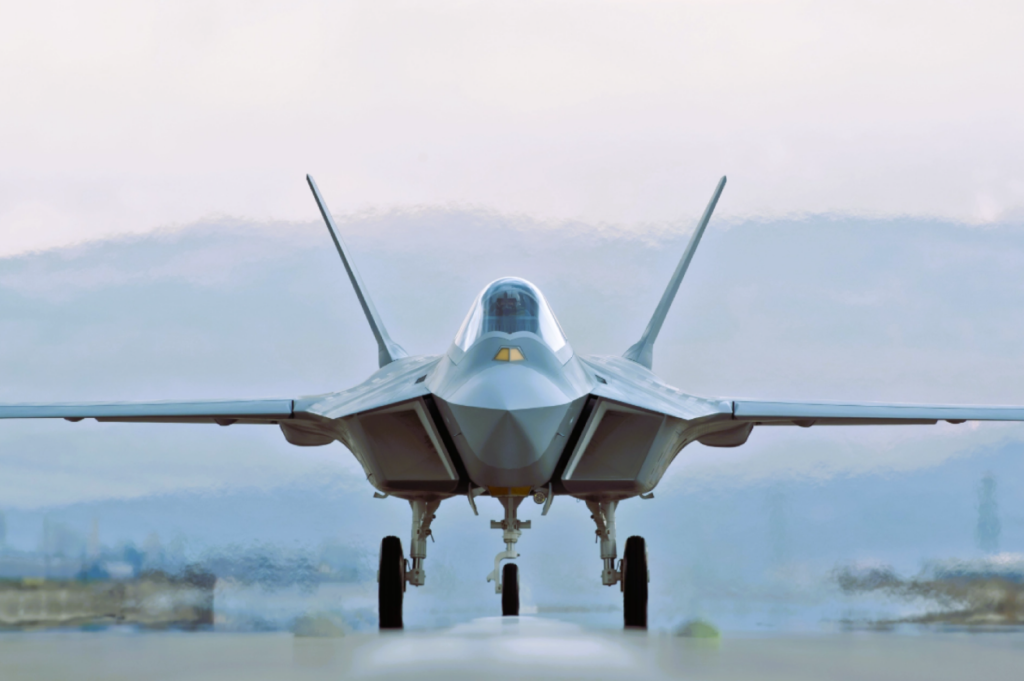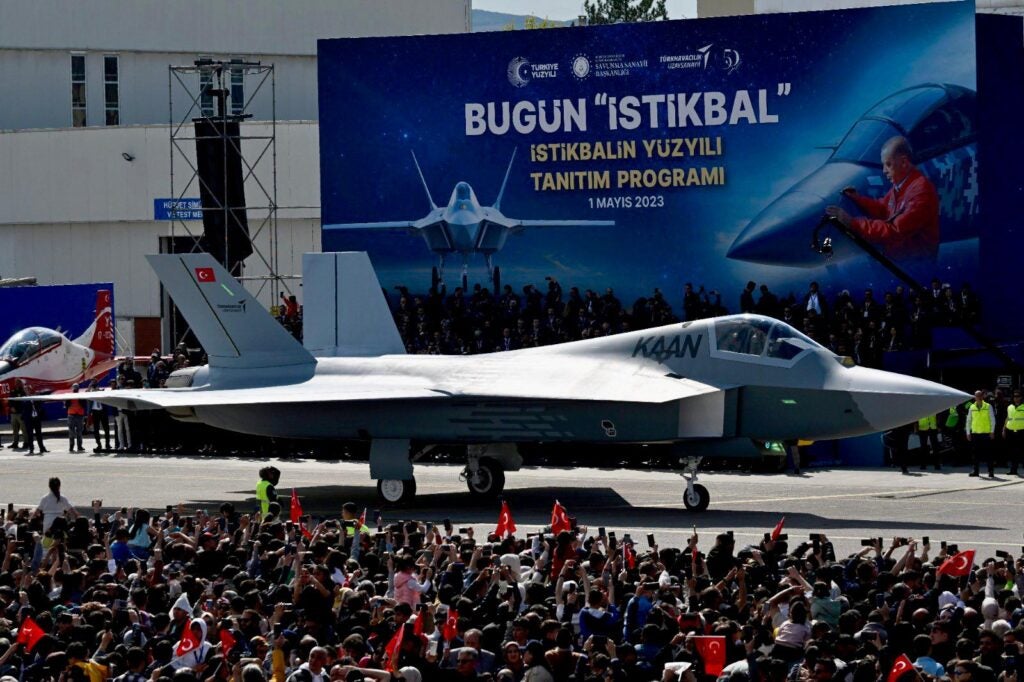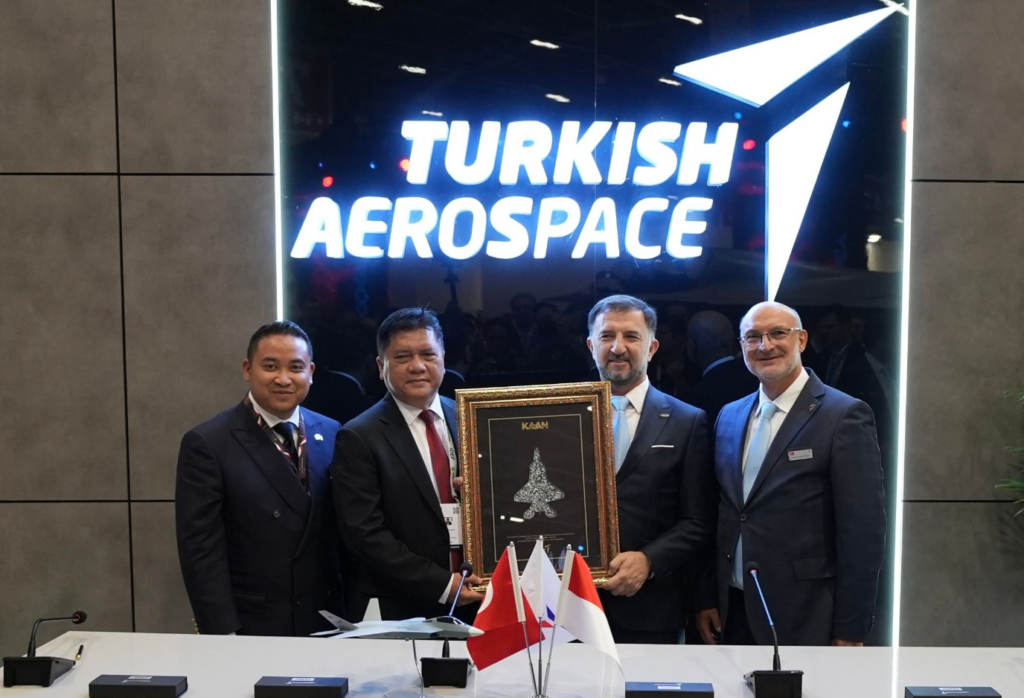Turkey and Indonesia Sign Deal for 48 KAAN Fifth-Generation Fighter Jets
On July 26, Indonesia and Turkey signed a landmark government-to-government defense agreement to purchase 48 KAAN fifth-generation fighter jets from Turkish Aerospace Industries (TAI). The signing ceremony, held at the Istanbul International Defense Industry Fair (IDEF), made Indonesia the launch export customer for Turkey’s domestically developed KAAN stealth fighter. Under the terms of the deal (reportedly worth approximately $10 billion), the jets will be delivered in phases over about ten years. The contract includes extensive cooperation: new assembly and maintenance facilities will be established in Indonesia, enabling the aircraft to be assembled and serviced locally, which reflects a commitment to joint technology transfer and co-production.
Indonesia’s Defence Minister, Sjafrie Sjamsoeddin, personally witnessed the signing, which the Ministry said “reaffirms the commitment of both governments to strengthen joint technology development and expand Indonesia’s defense industry capacity”. The ceremony was attended by top defense industry executives from both Turkey and Indonesia, underscoring plans for co-production. The agreement closely connects Indonesia’s aerospace industry with Turkey’s, encompassing engineering, manufacturing, training, and long-term support.

Financial and schedule details were not formally disclosed. Officials say delivery of the 48 KAAN jets will occur over the next decade. Indonesia is expected to start receiving aircraft in the late 2020s, with the whole fleet phased in by the mid-2030s. The jets are powered by two General Electric F110 turbofan engines (the same type used on modernized F‑16s). Turkey plans to take its first KAAN deliveries in 2029. Under the pact, Indonesia’s aircraft will be assembled in Turkey with engines installed, then shipped to Indonesia for final outfitting in the country’s new local facilities.
The KAAN fighter itself is a fifth-generation stealthy, twin-engined multirole warplane. Turkish officials describe it as having a low-observable design, advanced avionics, and sensor fusion for all-weather air superiority and strike missions. Its later prototypes are reported to include internal weapons bays and aerial refueling capability. The jet carries cutting-edge systems developed by Turkish defense firms (for example, AESA radar and electronic warfare suites by Aselsan/Havelsan), reflecting Ankara’s goal of full technology sovereignty. The KAAN brings Indonesia a new-generation combat aircraft with stealth capabilities and advanced sensor networks.

This sale is of great significance for both nations. It comes just months after Indonesia’s interest in the aircraft became public and following a degree of financial divestment from the KF-21 program last year. This deal marks Turkey’s first export of an indigenously developed fighter and the largest deal ever for its aerospace industry. Turkish officials call the agreement the start of “a new era in engineering, production and technology sharing” between the two countries. For Indonesia, the KAAN deal not only modernizes the air force but also builds up domestic capacity through technology transfer. The 2026 KAAN agreement enhances Indonesia’s defense potential while cementing Turkey’s emergence as a global aerospace exporter.

